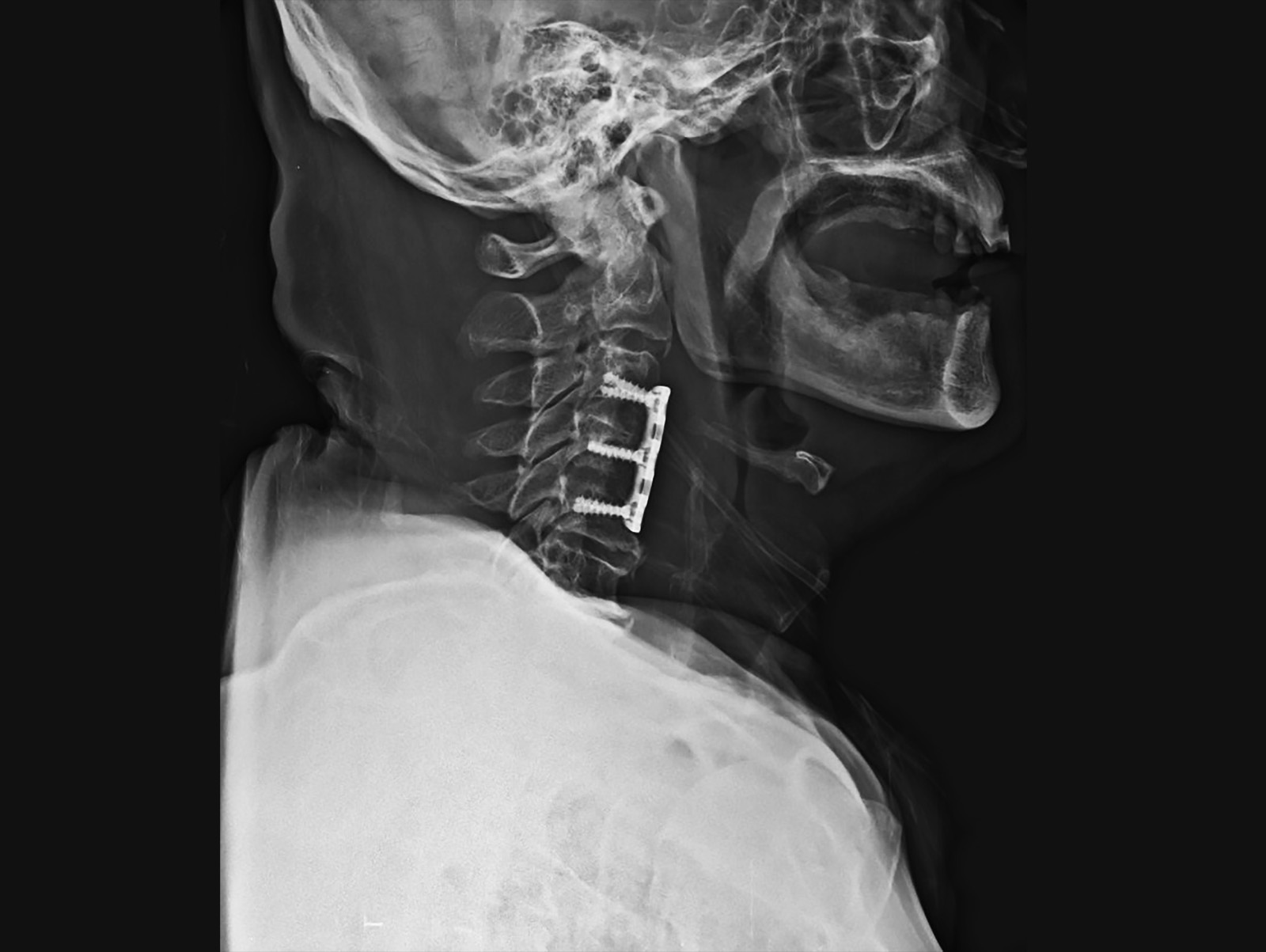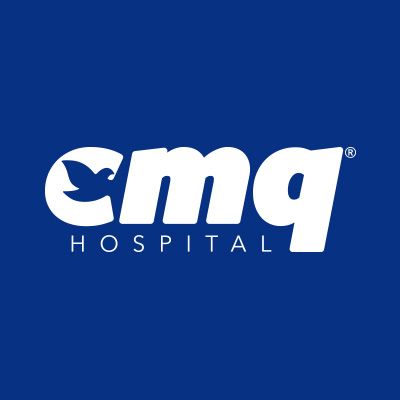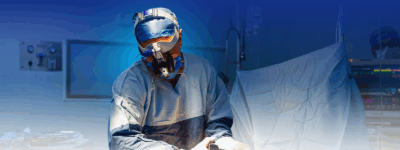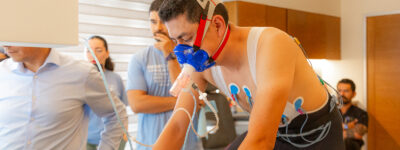Advances in Spine Health: Exploring ACDF Surgery at Hospital CMQ
The Surgery That Brings Relief For Those Suffering From Arm and Neck Pain and Numbness
Anterior cervical discectomy and fusion, also known as ACDF surgery, is an effective option for those seeking relief from neck pain. At Hospital CMQ, we proudly offer this advanced surgical procedure performed by our team of experts in Spine Surgery, Orthopedics, and Neurology. Our highly trained specialists are committed to providing the highest quality medical care, and the ACDF neck surgery is no exception.
Here, we will explore how this surgery, available at our facility, has changed the lives of many patients by providing neck pain relief and restoring the spine’s functionality.
Neck and spine pain can become a significant impediment in our daily lives, affecting our ability to perform simple tasks and enjoy once-pleasant activities. Schedule your appointment by calling 322 226 6500.
Decoding ACDF Surgery: What is Anterior Cervical Discectomy and Fusion?
Anterior Cervical Discectomy and Fusion, or ACDF, is a surgical procedure designed to address cervical problems. Fortunately, according to our spine surgery experts, this surgery has proven to be effective in treating various conditions such as herniated discs, spondylosis, and cervical spinal stenosis. Likewise, this procedure gives patients the hope of a pain-free life and the possibility of regaining full functionality of their spine. But what exactly does this technique entail and how can it offer a solution to those suffering from cervical problems?

Restoring Stability: The Steps of ACDF Spine Surgery, How do I prepare for my surgery?
Being prepared for Anterior Cervical Discectomy and Fusion (ACDF) surgery is essential to ensure a successful outcome and a speedy recovery. As such, our experts have provided us with some tips that can help you prepare for your surgery:
- Consult with your physician: Before surgery, keep in constant communication with your surgeon. Discuss your concerns, ask questions, and make sure you understand the steps of the surgery, as well as the potential risks.
- Pre-op studies: Your doctor will likely request laboratory studies such as blood tests, electrocardiograms, or imaging studies.
- Stop smoking: Smoking can negatively affect scar healing and increase the risk of surgical complications. We recommend you quit smoking at least several weeks before surgery.
- Medications and supplements: Inform your doctor about the medications and supplements you take daily. You may be asked to stop taking some before your surgery.
- Arrange your home: Our doctors advise that you make some accommodations in your home to facilitate your recovery. You can place your daily items closer to your resting place or at an accessible height to avoid bending over.
- Ask for support: It may be helpful to have someone with you after surgery who can help you at home during the first few days of recovery.
Please note that these are some general tips. Your surgeon will provide you with detailed and personalized instructions according to your situation. Therefore, we recommend that you follow all the indications to ensure a fast and successful recovery.
What Happens During ACDF Spine Surgery?
According to the Mayfield Brain & Spine Clinic, an Anterior Cervical Discectomy is the initial phase of the surgery. During the procedure, the surgeon accesses the spine through a small cut in the neck. This is to operate and remove the damaged or herniated disc. This intervention relieves pressure on nearby nerves and eliminates pain and associated symptoms.
After the discectomy, the surgeon seeks to restore the stability of the spine through the process of fusion. In this phase, a bone graft or implant is placed between the affected vertebrae. Over time, this material promotes bone growth, fusing the vertebrae permanently, which provides stability to the cervical spine.
After Surgery, What Should I Do When I Get Home?
After an ACDF surgery, it is crucial to follow the instructions of your medical team to facilitate a successful recovery. Our doctors mention that it is essential to rest and limit physical activity. Moreover, you must avoid lifting heavy objects and take the prescribed pain medications as directed by your doctor.
You may also need to wear a neck brace for a few weeks for cervical support. As you continue to recuperate, your physician will let you know when you can begin to move around more. Regarding the scar, our doctors recommend keeping the wound clean and dry. In addition, watch for signs of possible complications such as fever, pain, or weakness. Recovery from ACDF surgery can be challenging, so it is advisable to maintain a healthy lifestyle, a balanced diet and seek the necessary emotional support.
Risks and Benefits of ACDF Spine Surgery
Anterior Cervical Discectomy is a surgical procedure used to treat spine problems. Although this procedure can offer significant benefits, it also carries certain risks. The National Institutes of Health explains that this procedure has been associated with satisfactory outcomes. However, the occurrence of troublesome complications, although uncommon, needs to be taken into consideration. Some of the most common risks are:
- Infection
- Nerve Injury
- Persistent Pain
- Scarring Problems
- Adverse Reactions to the Material
Nevertheless, it is important to note that the results of the surgery may vary depending on each person’s specific condition. Thus, before undergoing this surgery it is essential to discuss in detail with your doctor the specific risks and benefits in your case.
Am I a Candidate for ACDF Surgery?
Determining whether you are a candidate for a cervical discectomy depends on several factors and should be evaluated by a specialized medical team. Some of the points our specialists consider when assessing if you are eligible for this procedure are:
- The presence of certain symptoms such as neck, arm, or hand pain, tingling, and/or muscle weakness.
- Conservative treatments such as physical therapy and medications have not provided significant relief.
- If there is evidence of nerve compression due to a herniated disc.
It is critical to schedule a consultation with a spine surgeon or a specialist in neurosurgery or orthopedics for a complete evaluation. During the consultation, your symptoms and medical history will be discussed to determine the need and whether you are a suitable candidate.
Meet Our ACDF Surgery Specialists in Puerto Vallarta and Bucerias
If you are considering an Anterior cervical discectomy and fusion and are looking for trustworthy and reliable experts, our team of ACDF specialists in Puerto Vallarta and Bucerias are here to provide the care you deserve. Our specialists have extensive expertise in performing cervical discectomy surgeries, offering an individualized approach to each patient.
Frequently Asked Questions About the ACDF Surgery at Hospital CMQ
ACDF is a surgical procedure used to treat conditions affecting the cervical spine (neck) such as herniated discs, degenerative disc disease, or spinal stenosis. The surgery involves removing a damaged disc to relieve pressure on the spinal cord or nerves and fusing adjacent vertebrae to stabilize the spine.
The duration of ACDF surgery typically ranges from 1 to 2 hours. The specific time can vary based on factors such as the number of discs being addressed and the complexity of your condition.
Recovery time varies depending on the complexity of the surgery and the individual response to treatment. In general, patients may experience improvement in the first few weeks, but full recovery may take several months.
Patients are often advised to sleep on their backs with a supportive pillow, maintaining a neutral spine position. In addition, some find it comfortable to use a cervical pillow or a rolled-up towel under the neck for additional support.
In cases of failed ACDF surgery, a comprehensive evaluation is necessary to determine the cause of the failure. Consulting with a spine specialist is crucial to explore the best course of action.
ACDF surgery is considered a serious procedure, as it involves operating on the spine. However, it is generally safe and effective for addressing specific cervical spine conditions.
After ACDF surgery, patients may experience some discomfort, swelling, and restricted neck movement initially. Physical therapy may be recommended to help regain strength and flexibility.
Typically, a neck brace is worn for a few weeks to provide support and limit motion during the initial healing phase. Your physician will discuss the exact timeframe with you.







